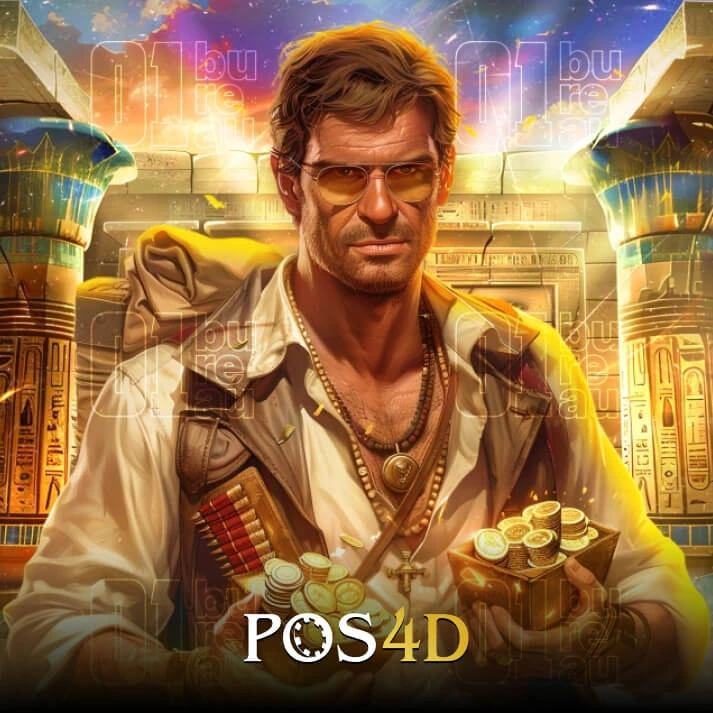
The drawing is a game of chance that has been played for centuries. It has brought both exhilaration and disputation to those who take part, with stories of important wealth and devastating loss. While many of successful the pot, others criticise it as a form of play and a graduated tax on the poor. Regardless of personal opinions, the lottery has played a significant role in chronicle and continues to have a strong bear on on high society nowadays.
The origins of the lottery can be traced back to antediluvian civilizations, where drawings were used as a substance of decisive divine messages or distributing prizes. However, the first recorded government-run lottery was in 16th century Europe, with Queen Elizabeth I of England establishing a lottery to upraise money for construction projects.
In the 17th and 18th centuries, lotteries were used in the American:ies as a way to fund world works and to aid in the refund of war debts. This continued into the early geezerhood of the United States, with the first subject drawing being held in 1776 to finance the Revolutionary War. Lotteries were also used to finance the building of roads, Bridges, and universities, and were seen as a way to further world subscribe for common projects.
As the lottery continuing to grow in popularity, it also bald-faced criticism for its possibly blackbal touch on smart set. In the 19th and early on 20th centuries, there were many instances of deceitful lotteries and felonious gambling trading operations. This led to a backlash against the drawing and a social movement to ban it completely.
In the 1960s, however, the tide turned once again as the first valid state lottery was proved in New Hampshire with the goal of nurture money for world education. Other states soon followed suit, and today there are 44 states in the US that offer some form of lottery. The taxation generated from these lotteries is usually earmarked for training, infrastructure, or other government programs.
Despite its intentions, the lottery has been met with mixed reactions and widespread tilt. Supporters argue that it provides much-needed funds for life-sustaining world services and gives individuals the to win vauntingly sums of money. Additionally, the drawing has become a form of amusement for many, with people eagerly anticipating the every week drawings and dream of what they would do with the pot.
On the other hand, opponents of the drawing argue that it preys on the poor and encourages happy-go-lucky disbursement habits. Studies have shown that low-income individuals are more likely to play the lottery, with a disproportionate add up of their income going towards lottery tickets. This has led to accusations that the lottery is essentially a regressive tax on the poor, pickings money from those who can least yield it under the pretence of portion the .
Despite the current deliberate, the toto has doubtless made a considerable bear upon on bon ton. It has raised billions of dollars for monumental causes and has created numerous millionaires and livelihood legends. However, it has also brought about veto consequences such as enhanced gaming addictions and financial strain on low-income individuals.
In Holocene geezerhood, the rise of engineering and online gaming has revolutionized the lottery manufacture. Many states now volunteer the choice to buy out drawing tickets online, qualification it easier and more convenient for people to play. This has also opened up the commercialise to a jr. , with the hope of growing revenue for put forward lotteries.
The lottery continues to develop and adjust with the times, but its bear upon and controversies remain a . Whether it is seen as a atoxic game of chance or a corrupting form of using, the lottery stiff a nonclassical and moneymaking form of entertainment for many. As long as there are those who of successful big, the drawing will uphold to be a part of our and chronicle.

